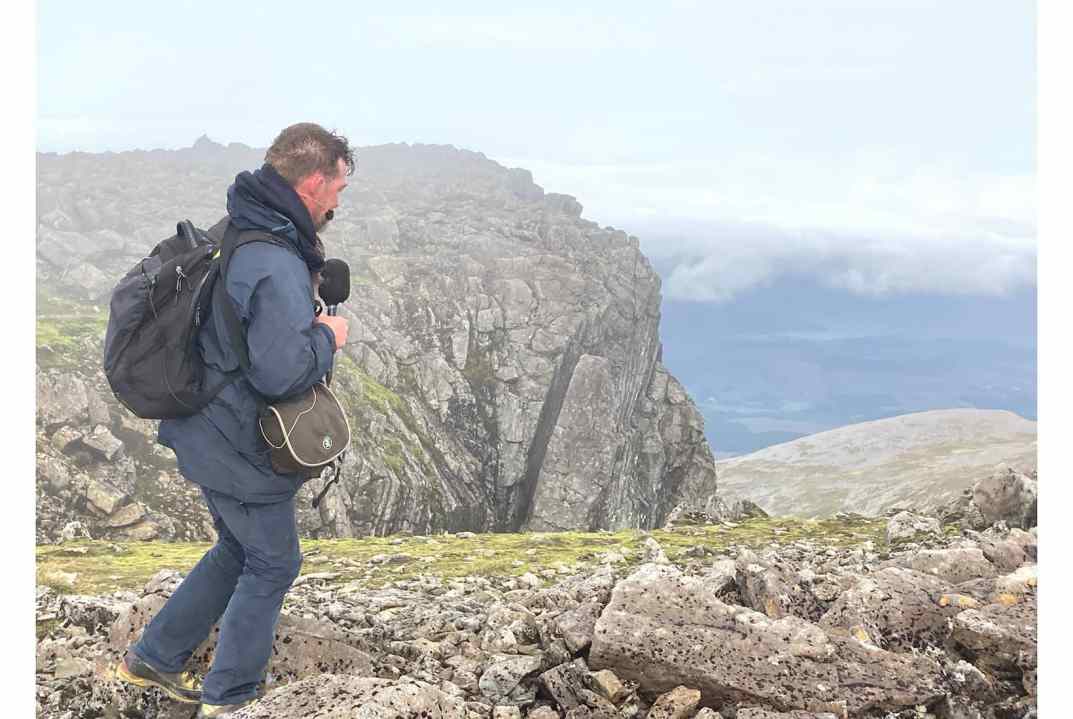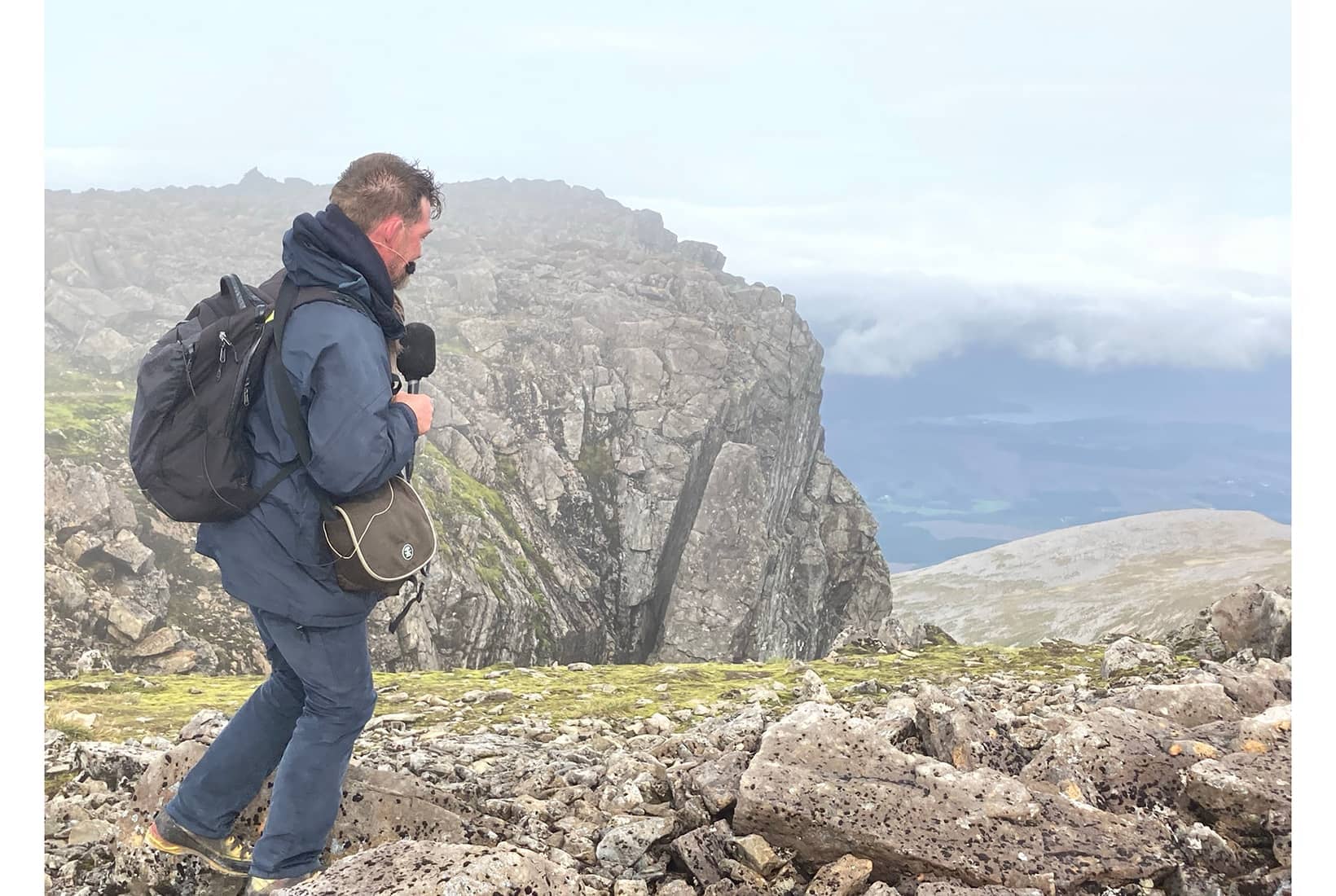It’s a sweet, green, glowing dawn in north-west Scotland. All around us are empty hillsides of rock and heather. The cold air smells of moss. To the south, far mountain peaks resolve into high banks of mist and cloud, while up ahead stands the crumpled rock face of Ben Nevis, its broad shoulders beginning to fill the patchy, blueing sky as we walk towards it. It’s very beautiful. Look. A heron.
Why are we here? To take the long view, because two million years of intermittent glaciers have frozen, thawed and hewn the mountain into its present-day shape. More immediately, because of the Norwegian public service broadcaster. In the 2000s, it decided to televise, in real time, the railway journey from Bergen to Oslo. It’s a trip that lasts seven hours and features 182 tunnels, some of them extremely long. When it aired, the programme was watched by 20 per cent of the Norwegian population. I’ve seen it. It’s pretty.
It was the first piece of what’s called ‘slow TV’. You can still find it on YouTube, and I’m told that you should pop on some calming music, light a scented candle or well-stuffed joint and take a ride along the fjords yourself. This is what a friend of mine always does when life has completely crushed him, and since things move pretty quick these days, it may be that by the time you’re reading this column you’ll have something to feel crushed about yourself.
What was the point of all those years I lovingly incubated a contempt for everything blandly pleasant?
The BBC Sound Walk is slow radio, and it’s become immensely popular over the past few years. Sensitively produced, with a little atmospheric music and an evocative, impressively unannoying voiceover by writer Horatio Clare, it frustratingly does exactly what it promises to do, and makes you feel a bit nicer.








Comments
Join the debate for just £1 a month
Be part of the conversation with other Spectator readers by getting your first three months for £3.
UNLOCK ACCESS Just £1 a monthAlready a subscriber? Log in